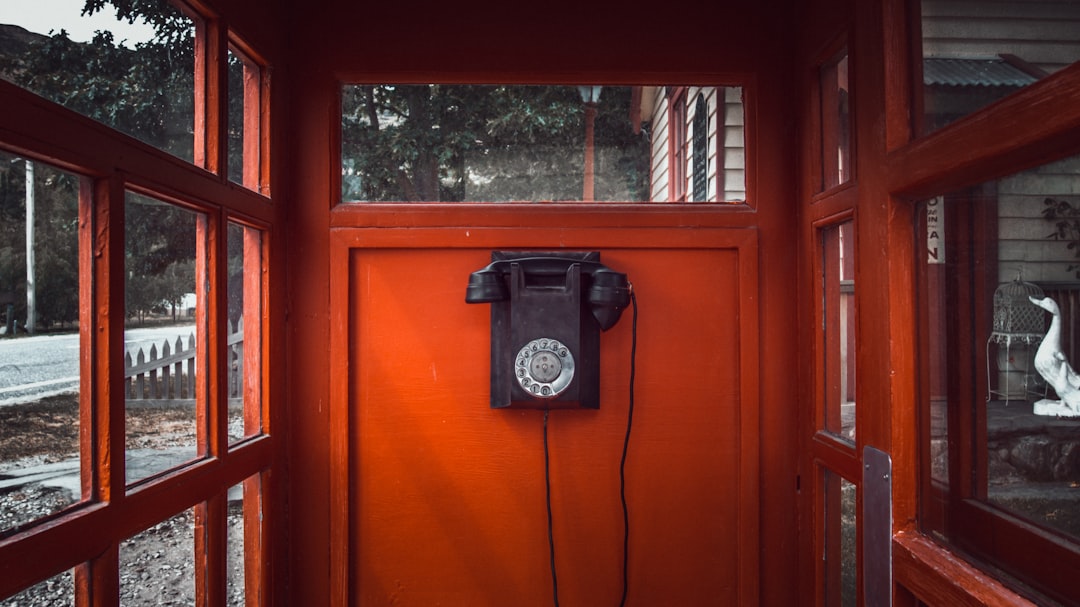In Connecticut, the constant deluge of unwanted autodialed calls, or robocalls, has become a pressing concern. These automated marketing calls, often lacking express permission, infringe on personal privacy and can be legally challenged. This article guides you through Connecticut’s legal landscape regarding robocalls, offering insights into anti-robocall legislation, identification of protections, popular blocking apps, engaging a lawyer, effective communication strategies, case studies, and future regulations. Discover the best app to stop robocalls, find a lawyer CT, or consult a robocall law firm for redress.
- Understanding Robocalls and Their Legal Ramifications in Connecticut
- The Current Landscape of Anti-Robocall Legislation in CT
- Identifying Legal Protections Against Unwanted Calls
- Exploring Popular Apps to Block Robocalls: A Comprehensive Review
- Engaging the Services of a Robocall Lawyer in Connecticut
- Strategies for Effective Communication with Telemarketers
- Case Studies: Successful Robocall Lawsuits and Their Impact
- The Future of Robocall Regulations and Consumer Rights
Understanding Robocalls and Their Legal Ramifications in Connecticut
Robocalls, or automated phone calls, have become a widespread nuisance in Connecticut and across the nation. While many businesses use them for marketing purposes, unauthorized or unsolicited robocalls are illegal under Connecticut law. These calls, often promoting products or services, can be frustrating and intrusive, leading many residents to search for effective solutions to stop them.
In response, many Connecticut-based lawyer and law firm practices have specialized in handling robocall-related cases, offering guidance and legal representation to those affected. With the right legal help, individuals can understand their rights and take action against violators. The best apps to stop robocalls, coupled with a robust legal team, can empower residents to reclaim their peace of mind and protect their privacy in the digital age.
The Current Landscape of Anti-Robocall Legislation in CT
In Connecticut, the current landscape of anti-robocall legislation is robust and continually evolving to protect residents from unwanted automated calls. The state has enacted stringent laws that make it illegal for businesses to make robocalls without prior express consent. These regulations are designed to give consumers control over their communication preferences and ensure that their personal information is respected.
For those seeking relief from persistent robocalls, Connecticut offers a range of legal options. Many residents turn to specialized apps marketed as the best app to stop robocalls, while others consult experienced lawyer CT professionals who specialize in robocall law firms CT and have expertise in dealing with robocall lawyers CT and robocall attorneys CT. These legal experts can guide individuals on blocking calls and seeking compensation for any harassment or invasion of privacy caused by automated telemarketing.
Identifying Legal Protections Against Unwanted Calls
Exploring Popular Apps to Block Robocalls: A Comprehensive Review
Engaging the Services of a Robocall Lawyer in Connecticut
Strategies for Effective Communication with Telemarketers
Case Studies: Successful Robocall Lawsuits and Their Impact
In recent years, numerous individuals and organizations in Connecticut have taken legal action against autodialer misuse, resulting in significant case studies that highlight the impact of such efforts. The best app to stop robocalls, combined with skilled lawyer CT expertise, has proven effective in several successful lawsuits against companies employing aggressive telemarketing tactics without express permission. These cases not only provide financial redress for victims but also set precedents for future legal strategies.
Robocall law firms CT and their attorney counterparts have argued that such unsolicited calls violate consumer rights and privacy laws. As a result, several settlements have led to substantial monetary rewards for affected parties and stricter regulations for telemarketers. This has empowered folks across the state to seek justice and protection from intrusive robocalls, encouraging the use of the best app to stop robocalls and fostering a culture of legal accountability among autodialer operators.






